
I would end my boycott if Apple stopped bullying others
Apple is on my mind again, with the company hosting a big media event tomorrow presumably to unveil iPhone 5. I'm not seriously thinking about buying the smartphone, certainly not sight unseen. I'm super satisfied with Galaxy Nexus -- if not, I'd move to a LTE Android, perhaps HTC One X or Samsung Galaxy S III. Rather, iPhone 5 is good time to assess my personal Apple boycott, where I sold off all my fruit-logo gear in protest of patent bullying.
Until July, I was a long-time Apple user, starting with the December 1998 purchase of the original Bondi Blue iMac. Then about six months ago, Apple's persistent competition-by-litigation tactics finally made me mad. I also had grown sick of Apple media bias that borders on the insane. How crazy? Yesterday, Washington Post explained "How Apple’s iPhone 5 could singlehandedly rescue the US economy". Bad is worse -- today, extending this economic lift to US presidential elections, Nextgov (a product of the National Journal Group) asserts: "How the iPhone 5 could help re-elect Obama". These are people I really don't want to associate with. (Say doesn't the president use BlackBerry?)
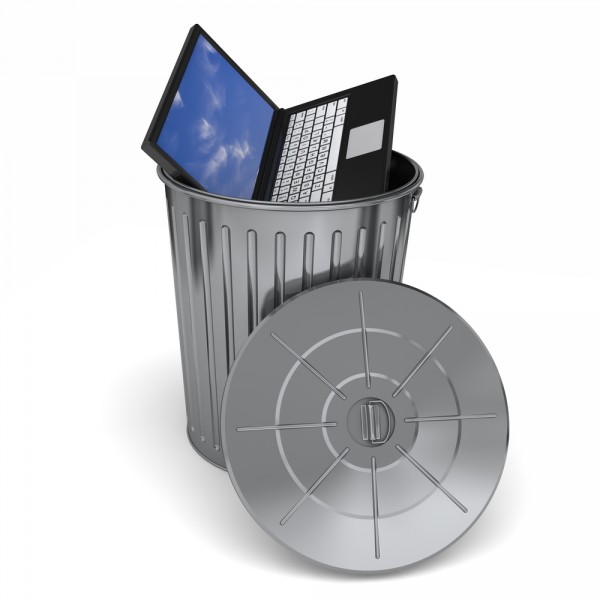
I will never buy another laptop
That is the conclusion I reached after several weeks living la vida post-PC. With nothing but my trusty Acer Iconia Tab to work on while waiting for my house sale to close in Florida (see previous post about not needing a smartphone), I've managed to remain productive and connected without touching so much as a byte of "wintel" technology.
Well, maybe a few bytes. There have been the occasional detors off the Android wagon -- for example, when I needed to quickly print, sign and re-scan some legal documents and hijacked my daughter's Dell Inspiron for a few minutes (it was like pulling teeth -- she's quite possessive of her toys). However, for the most part I accomplished everything I needed to from the comfort of my Ice Cream Sandwich-based tablet. And the secret of my success had as much to do with the accessories that I surrounded the tablet with as with the device itself.
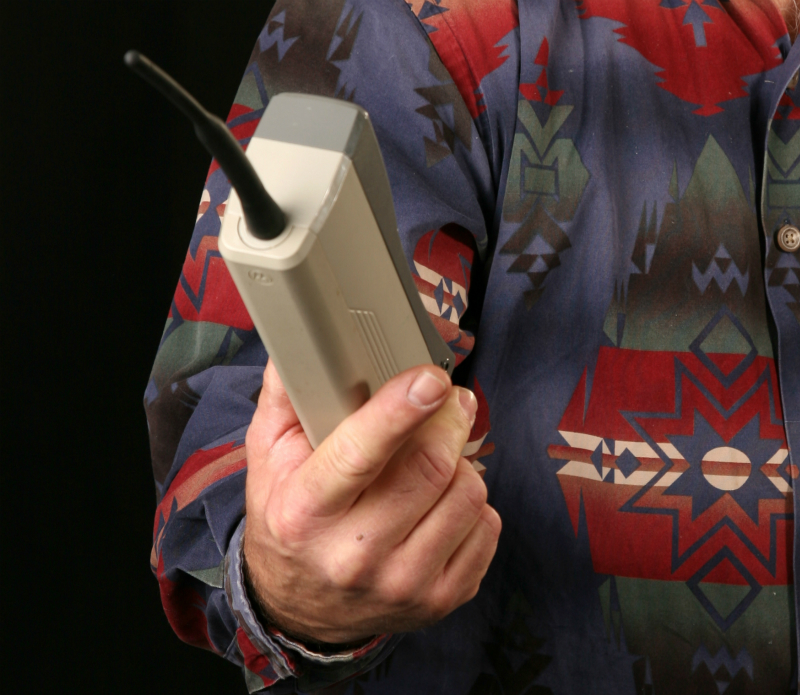
I don't need a smartphone
Call me old fashioned. I do not now, and never have in the past, owned a smartphone. Whether it was due to geographic isolation (the iPhone debuted after I'd moved 11,000 miles to the Indian Ocean), fear of being a too-early adopter, or simply an inability to rationalize the cost of a non-subsidized device, I have somehow resisted the siren song of the smartphone revolution.
But that doesn't mean I'm stuck in the past. More than any of my contemporaries, I have embraced the post-PC concept with gusto. From my first attempts using an HP Mini 2140 netbook (great machine), through my awkward BlackBerry PlayBook (still love my 32GB unit) days to my present infatuation with rooted, customized Android tablets (thanks xda community!), I've seized every opportunity to put my 30+ year relationships with the "wintel" cabal behind me.
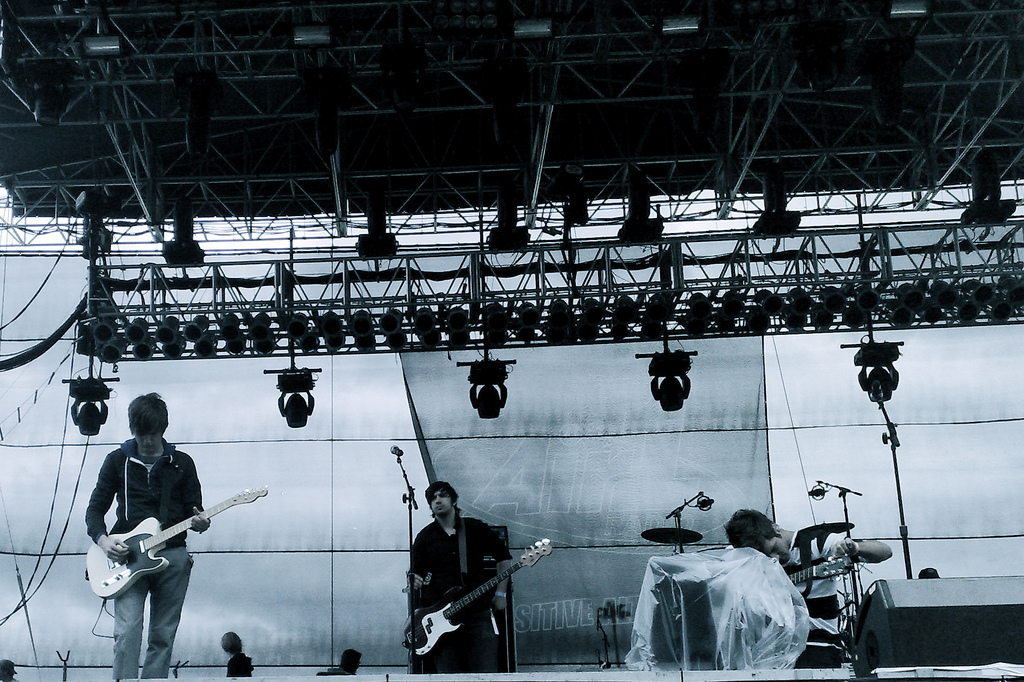
Where do you discover new music?
At 17, I hitchhiked with a friend from Maine to Boston, where was the regional Federal Communications Commission office. The agency heavily regulated radio, and I couldn't be a deejay without obtaining a Third Class license, which required a test and some math skills (yeah, just to spin vinyl). I flunked and thumbed rides a second time, passing the exam and getting a five-year license. My radio career started at college station WMEB.
Much has changed about music since the late 1970s, when punkers rebelled against their disco-loving Baby Boomer siblings. But surprisingly much is the same, too -- or so Nielsen's "Music 360" report reveals. Radio doesn't dominate music discovery like it once did (I partly blame canned broadcasts for taking the personality out of the airwaves), yet remains top source: 48 percent of people find out about new music from radio. Friend recommendations is distant second (10 percent) followed by YouTube (7 percent).

Stop the real SaaS -- software as a sponge -- and give me back my hardware, please
The Commodore 64 celebrates its thirtieth birthday this month. That’s 64 kilobytes for around $600. A massive amount of RAM at the time. And for another $600 you could buy a 5.25-inch floppy disk drive, which could store 170kB on a disk. Programs loaded completely into RAM so that you could remove the program disk from the drive and insert another one to store data. Where can you get a word processor or database that will run in 64k now? Yes, of course we’re routinely doing things now that were only distant dreams back then. But I began my computing experience running my business on just such a Commodore 64.
By 1986 mass market PC clones featured a colossal 512k of RAM and a 4.77MHz processor. But although that was a massive step forward, in no time you needed to upgrade to 640k RAM, and then find ways of using the extended memory registers between 640k and 1MB. In 1990, Windows 3.0 needed 7MB of disk space -- so you’d need a hard drive to run it, which not everyone had.
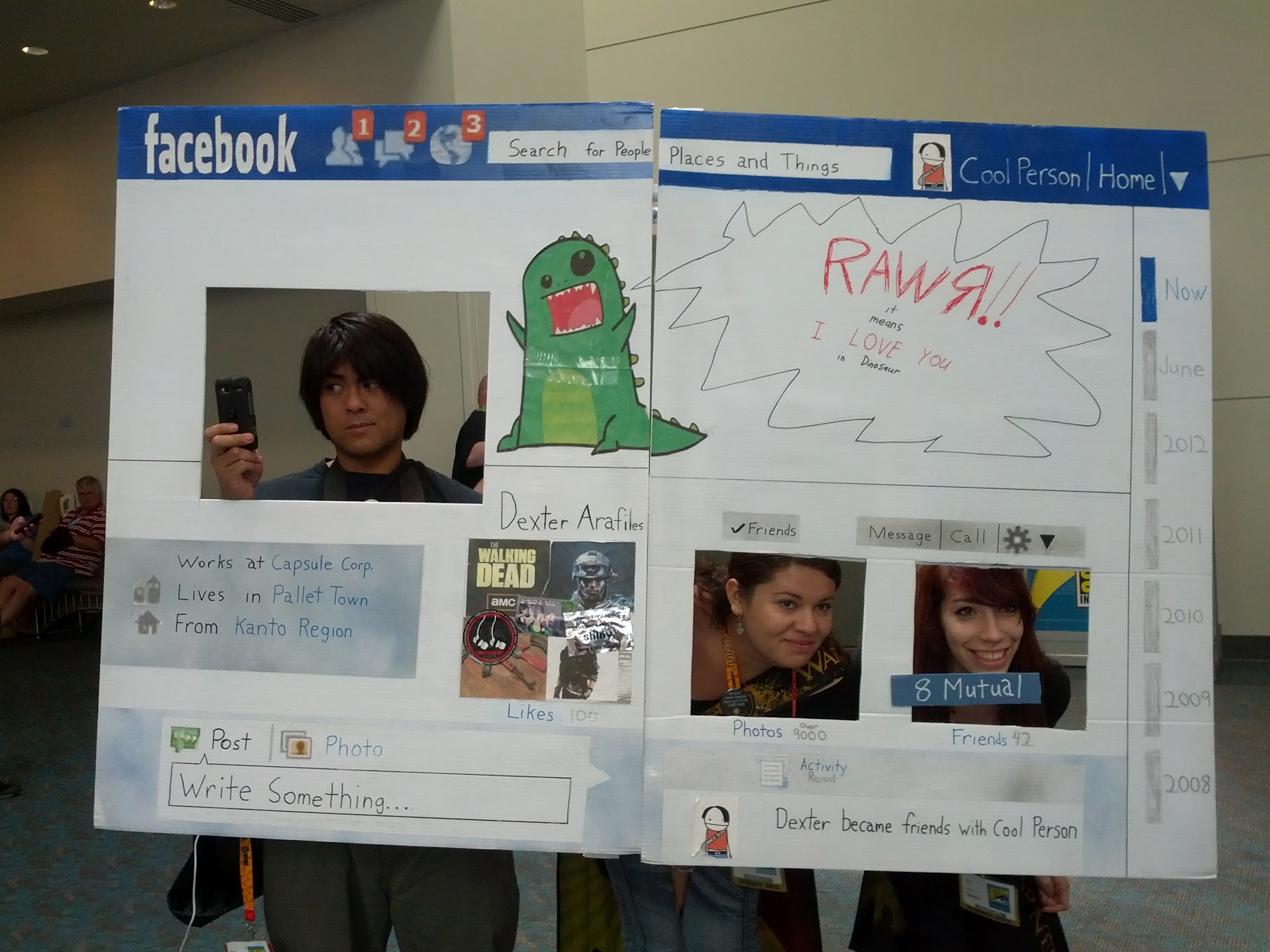
When is a phone camera enough?
That's the question I repeatedly asked while attending San Diego Comic-Con, which wrapped up about two weeks ago. Ian Lewis' "Let’s not blindly give every latest tech marketing prophet his profit", posted here Sunday afternoon, has me thinking about phone as camera again, in context of what's good enough.
A year ago, I took to Comic-Con the Fuji X100 to shoot photos and Sony HDR-TG1 camcorder for videos. I processed and uploaded content on a Mac laptop. But July 2012, I was a month into an Apple boycott over patent bullying. I still have the devices but now use the Samsung Series 5 550 Chromebook. It's plenty good enough for processing photos using cloud services to edit, but I wasn't too sure about videos and decided not even to bother. During Google I/O I shot video on Galaxy Nexus, uploading directly to YouTube. That worked out just fine.

Let’s not blindly give every latest tech marketing prophet his profit
Another day, another tech product launch, and all those numbers that go with it. We just love numbers, don’t we? And generally the bigger the better. (Except in cases where they’re supposed to be small, obviously.)
The numbers in hardware and software specs are useful tools, and it’s true that bigger numbers are often better. But those same numbers carry hidden dangers, too, and, like a burger that’s too big to be good for you, that extra dollop of cream on your cake -- or the Italian town of San Gimignano, where each family just had to build a tower taller than all the others - we can become addicted to the figures without thinking about what they all really means. So let’s not blindly give every latest marketing prophet his profit, but consider our own health first.

PC-era dinosaurs: Beware the BYOD Extinction Level Event
Ah! Life in paradise. As the literal incarnation of the mythical "guy who ran away to a tropical island", I've had the joy of returning to my once primary (and now mostly vacation) home in the United States only to discover all of the things that can go wrong with an empty house in the Florida heat (this time, it was a failed A/C compressor -- ugh!).
However, I've also had the opportunity to revisit many of my core IT beliefs from the perspective of a relative outsider living in the slower-paced world of coconuts, litches and 2Mbps ADSL connections. Basically, my geographic isolation has forced me to take the long view on new technology trends. Which is why I'm so excited about the potential of BYOD: I see the emergence of the Post-PC phenomenon as a truly disruptive force that will forever change how people view "computers".

Texting is more popular than talking in United Kingdom
According to Ofcom’s ninth annual Communications Market report, more people in the UK are texting on their mobiles than talking. The report, which stretches to 409 pages and covers TV & Audio-Visual, Radio & Audio, Internet & Web-Based Content and Telecoms & Networks, finds that 47 percent of people still make a daily voice call. However, 58 percent now regularly send texts, with the average user sending 200 SMS/MMS messages per month.
Unsurprisingly, it’s the 16-24 age group that leads the way here, with the growth in text messaging partly fuelled by mobile providers including generous or unlimited SMS allowances in their tariffs. Thirty-two percent of people also now regularly use social networks to stay in touch, while 26 percent use some form of instant messaging.

You CAN recover stolen or lost gadgets, but it ain't easy
We carry expensive gadgets on us all the time now. On a flight we listen to music on an iPhone or read on a Kindle ebook reader. We watch movies on an iPad or play Angry birds on an Android. But what do you do if you misplace that device, or worse it is stolen? What recourse do you have to get it back, if any? Who do you call, or contact for help, and what can you do to be prepared beforehand to help in getting it back yourself?
In this article I will do a quick rundown of types of devices that are most commonly lost or stolen and go over some basic rules of the road beforehand with any new gadget or device you have.
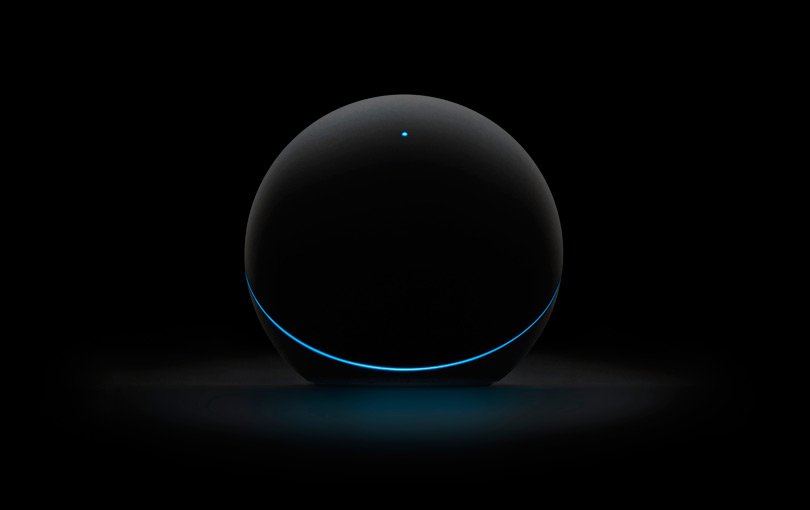
Techdom's Apple aura problem
Last week, Google unveiled its first consumer electronics device -- Nexus Q. If Steve Jobs were still alive and had announced the same product as "one more thing", there would be headlines everywhere that Apple had done it again -- that the fruit-logo company raised the bar and demonstrated its brilliance at design and innovation.
Nexus Q is a remarkable product. The sphere changes fundamental concepts about entertainment. Content is in the cloud. Smartphones control the device, and they're also where users interact with content (e.g., small versus big screen). Users can share, say, music on the same device -- not one but anyone is in control -- and all without wonky, local digital rights management. Nexus Q attaches to any modern TV or sound system, and because content is in the cloud it's available anywhere the device goes. The sphere is beautifully constructed, too. But Jobs didn't unveil the sphere, someone whose name you don't even recognize did. As such, Nexus Q is largely ignored because stigma is attached: Apple didn't invent it.

British Airways will Google passengers ahead of flights
British Airways faces criticism after unveiling plans to look up frequent fliers on Google as part of a customer service programme called "Know Me".
Two-thousand iPad wielding airline staff will be given access to the data, which will include travel history and, most interestingly of all, photos pulled from Google Images. BA says the idea of the initiative is to be able to offer a more personal service -- the photos will allow staff to greet recognized passengers with a smile when they arrive at the terminal or plane.
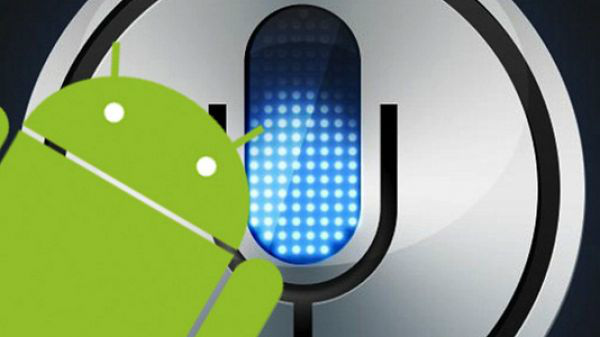
Google Jelly Bean smokes Apple Siri
A week has passed since I started up my Google I/O-issue Galaxy Nexus and updated to Android 4.1 (aka Jelly Bean). Since then, my daughter and I faced off Google's Voice Assistant against Siri (on her iPhone 4S). The results aren't surprising. Google's depth as a search provider proves its wherewithal against Apple, which calls Siri a personal assistant. But Jelly Bean's feature, used alongside Google Now, is every bit more and every bit what a digital assistant should be. Siri sucks even more, by comparison.
I will be absolutely clear: Together, Voice Assistant and Google Now represent a watershed development, living up to what Apple promises with Siri. Google has successfully presented its depth of search in a truly meaningful manner -- one that can change how people interact with mobile devices. If execution improves over time, particularly as Google Now learns personal habits, these innovations could be as important to the search giant as the development of its algorithm.

Do you text and drive? Don't [infographic]
True story: While driving down Qualcomm Way into Mission Valley area of San Diego, a motorcycle cut across my lane. He moved from the right through the middle lane to the left. The guy was lucky that I saw him. I looked over while passing the motorcyclist, who was stopped in the left turn lane hunched over a cell phone. He had been texting! While driving a motorcycle! I've seen bicyclists do this, too.
The folks over at CarInsurance.org sent me an infographic with stats about texting and driving that should just chill your spine. For example: Most teens agree that texting and driving isn't good, but 30 percent do it anyway. Thirty-seven states ban the practice. Confess -- do you text and drive? I don't. But imagine if I had the day that the motorcycle crossed my lane -- both of us texting and driving and neither paying attention to the road.
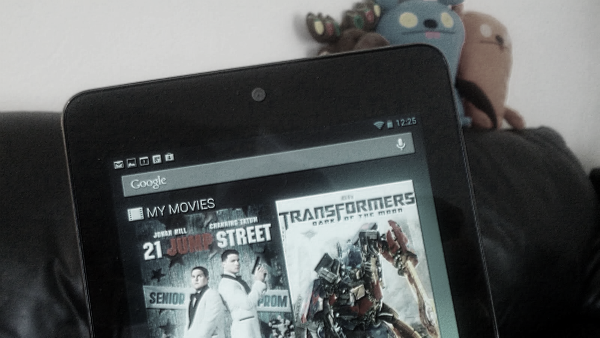
Google Nexus 7 first-impressions review
Last week, Google introduced its first branded tablet during the I/O developer conference. You can preorder one now, for delivery in a few weeks: $199 (8GB) or $249 (16GB). Maybe you're wondering if you should get one. I'd like to help that decision-making process, having the privilege of using Nexus 7 since June 27.
Nexus 7 is the most important Android device released to date. The tablet represents a culmination of disparate product and cloud services development coming suddenly together -- hardware, Jelly Bean, Chrome, curated content, seamless sync and personal assistant Google Now, among others. The tablet is first and foremost for anyone living the Google lifestyle. If you use more than a handful of Google services, this device, or Galaxy Nexus, is for you. Well, with caveats. Those aside, if you don't want this tablet, you really should.
